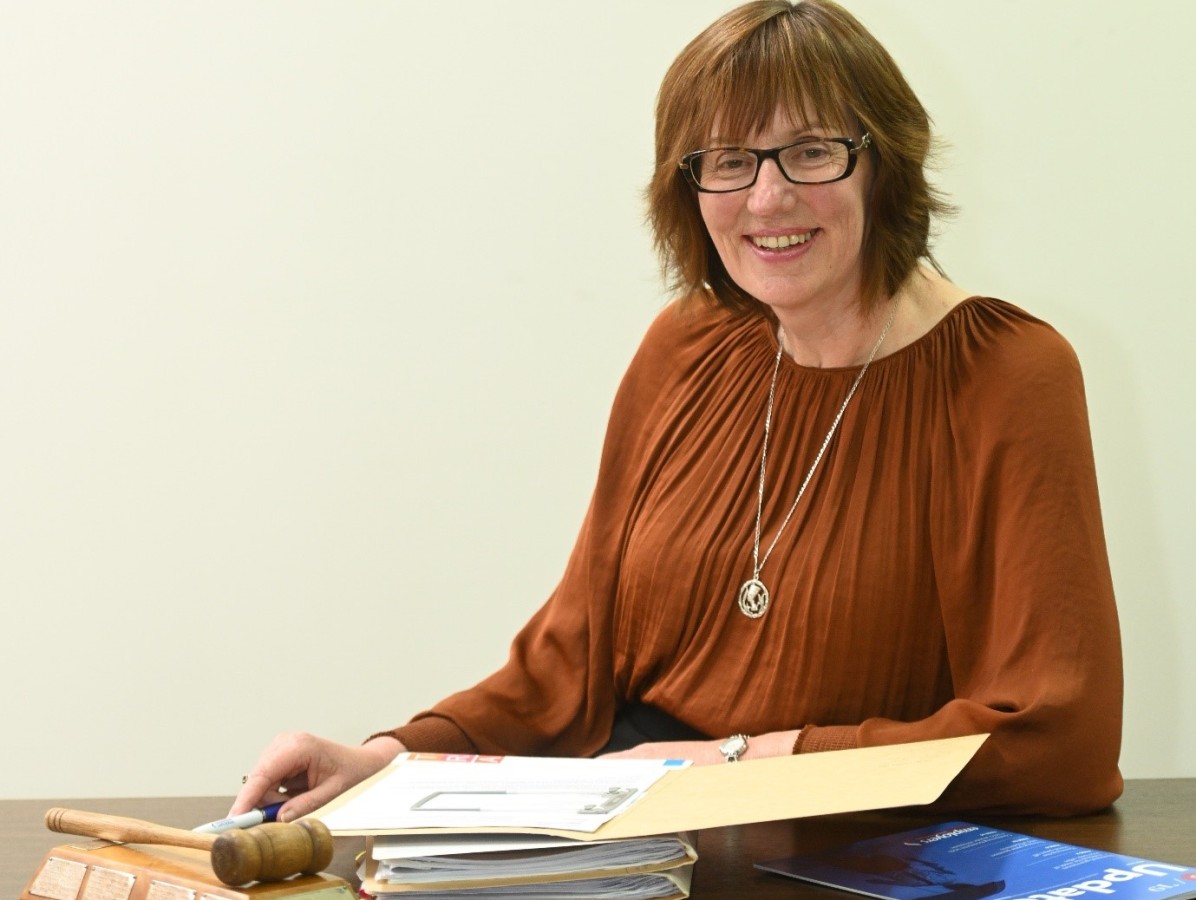The Government has passed new legislation on the Sale & Supply of Alcohol Act (Community Participation) Bill, making getting and renewing a liquor licence harder than it already was and threatening the commercial future of responsible hospitality and alcohol retail operators.
“For a sector so critical to the very fabric of New Zealand’s hospitality, retail and tourism industries, this is a massive blow, especially on the heels of a tough few years, thanks to Covid-19 restrictions,” says NZABC Executive Director Virginia Nicholls.
“This new legislation is meant to give communities greater say over who gets a license in their area. Except the legislation will not do this. In fact it will probably make it harder for communities to have a say”, says Nicholls.
Throughout the country these processes are determined by District Licensing Committees (DLCs) in keeping with the relevant Local Alcohol Policies (LAPs).
The legislation is focused on the process an entity goes through to apply for a new license or renew an existing license.
“This will now allow individuals or groups outside a region to object to a licence in another part of NZ. This goes against the sentiment for a community to decide on their own local requirements.”
“This will result in an increased number of licensing hearings which will be longer and more involved, with higher costs for participants.”
“The problem lies in the changes, which instead of addressing alcohol-related harm, will significantly impact responsible business operators and exaggerate existing problems with the current licensing process.”
“Under the legislation and an LAP allows proximity provisions to sites such as schools or a church, this could force the closure of a pre-existing on or off-licence irrespective of whether it was well run or valued by the community.”
“A neighbourhood restaurant which has operated responsibly for years, may find themselves under the new legislation, having their license refused because a new medical centre has opened along the road.”
“The legislation removes the parties’ ability to appeal Local Alcohol Policies (LAPs) to the Alcohol Regulatory Licensing Authority (ARLA) which will restrict the appeal rights in the community. This ignores the ability to challenge decisions that unduly impact trading rights or may not be based on evidence.”
“Removing the appeal provisions will not necessarily speed up the LAP process since most delays are caused by the use of legitimate judicial reviews which have nothing to do with the current Act.”
The legislation has not balanced the different community groups including small business owners, beer, wine and spirit suppliers, and those who consume beer, wine and spirits safely and responsibly.
“Since 2010 the number of licences nationwide has declined by more than 23%.”
“Research tells us that the vast majority of New Zealanders drink responsibly. New Zealanders are drinking 25% less now than they did in the late 1970s. Further, harmful drinking – particularly among younger drinkers – has also fallen,” says Nicholls.
About the New Zealand Alcohol Beverages Council
The NZ Alcohol Beverages Council is a pan-industry group that comments publicly on matters relating to the beer, wine, spirits and beverages industry. It focuses on supporting responsible alcohol consumption and wants to see a fair and balanced debate on alcohol regulation in New Zealand.
[1] Over the past 12 years (from 2010 until 2022), our licences have decreased from 14,424 (Law Commission Report February 2010) to 11,078 (ARLA December 2022).
[1] Total NZ population 15 years and over total alcohol, 12 litres per person in 1978 – 8.6 litres per person in March 2023. StatsNZ Infoshare.



